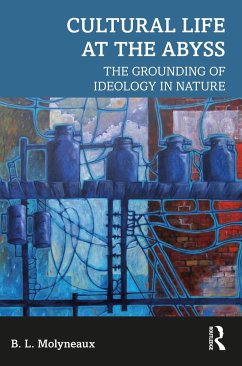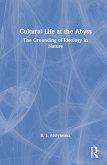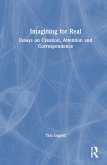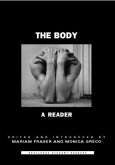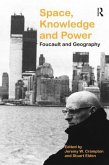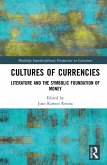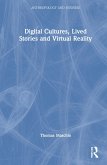Ideology dominates social research, encouraged by rejections of nature and the past, and often ignores the direct experience of actual people. This archaeological study takes a different approach, grounding concepts of culture, landscape and art in ecological relations that embrace all of life.
An ecological approach considers that life exists in the interactions of people with the environment surrounding them. This theoretical grounding therefore supports research at a local scale and validates the analysis of individual effort. The case studies explore individual perception, action and expression in a startlingly diverse set of objects and features from the past: natural and constructed monuments, ancient and recent rock paintings, petroglyphs, fresco paintings and impressionist landscape art. While traditional cultural approaches render ordinary people as proxies, these individuals, as members of families and communities, do the actual work of society, using their senses, bodies and minds. The analysis here therefore turns away from traditional speculations about the meanings of cultural things to look for evidence of the personal choices of travelers, inhabitants, pilgrims and artists as they acted, and attempt to gain insights from these decisions about the past as lived.
The book will be of interest to scholars, researchers and advanced students in culture and society who may be restless in theatres of discourse dominated by self-affirming narratives, who wish to consider the fields of possibility in an environmental perspective that integrates culture with nature and humans with other beings in a singular, physical world.
An ecological approach considers that life exists in the interactions of people with the environment surrounding them. This theoretical grounding therefore supports research at a local scale and validates the analysis of individual effort. The case studies explore individual perception, action and expression in a startlingly diverse set of objects and features from the past: natural and constructed monuments, ancient and recent rock paintings, petroglyphs, fresco paintings and impressionist landscape art. While traditional cultural approaches render ordinary people as proxies, these individuals, as members of families and communities, do the actual work of society, using their senses, bodies and minds. The analysis here therefore turns away from traditional speculations about the meanings of cultural things to look for evidence of the personal choices of travelers, inhabitants, pilgrims and artists as they acted, and attempt to gain insights from these decisions about the past as lived.
The book will be of interest to scholars, researchers and advanced students in culture and society who may be restless in theatres of discourse dominated by self-affirming narratives, who wish to consider the fields of possibility in an environmental perspective that integrates culture with nature and humans with other beings in a singular, physical world.

